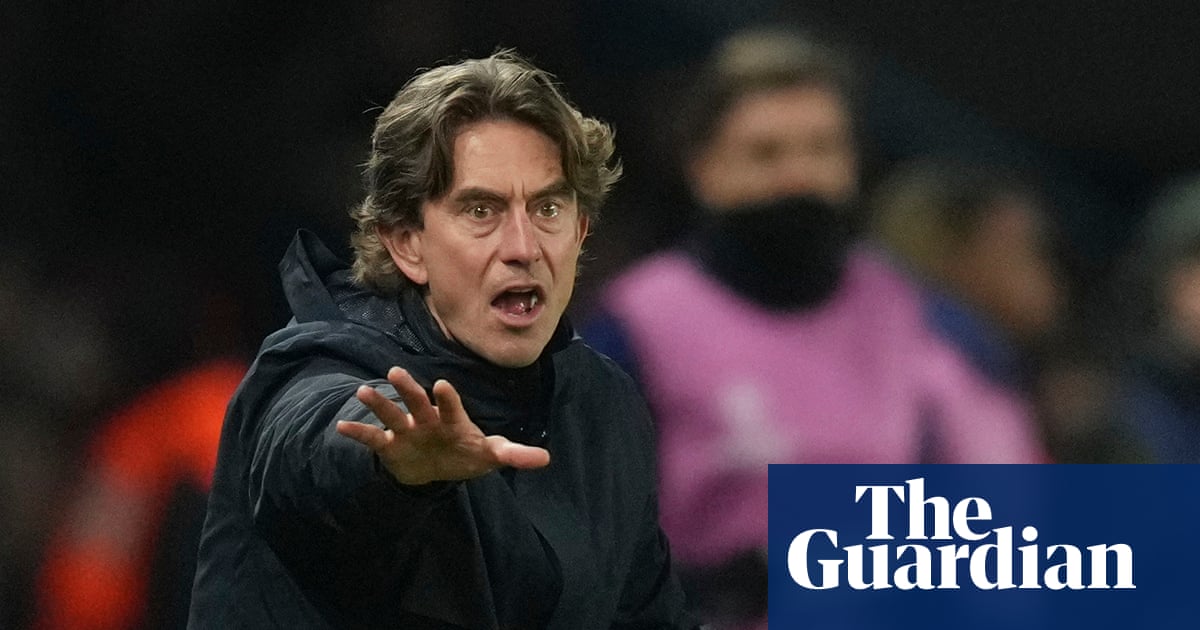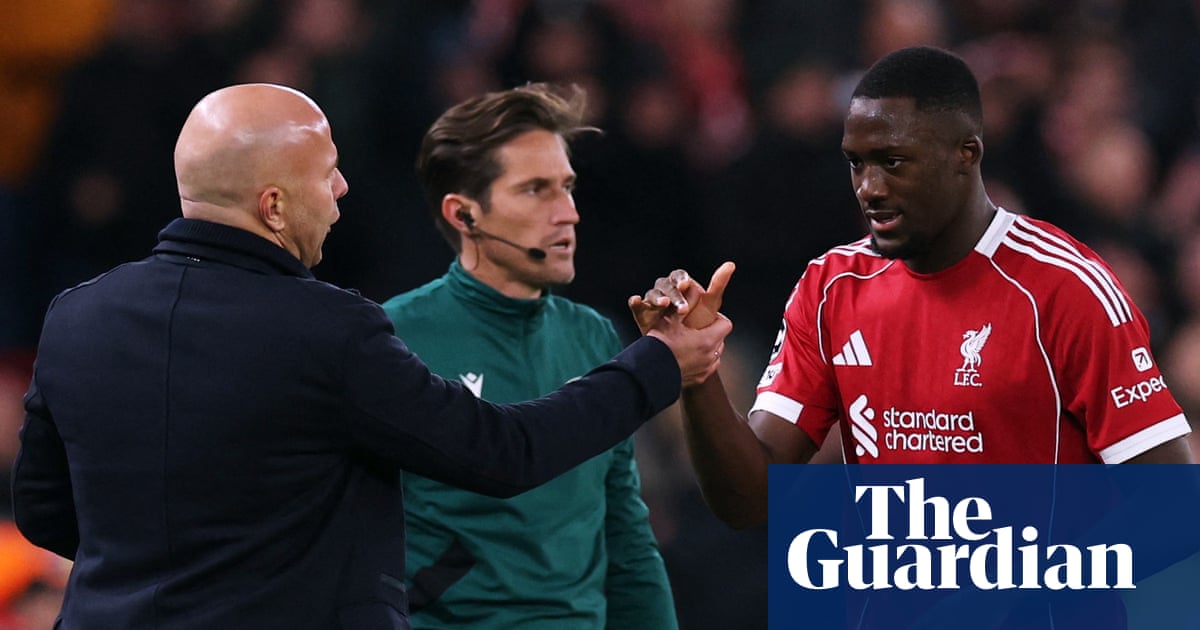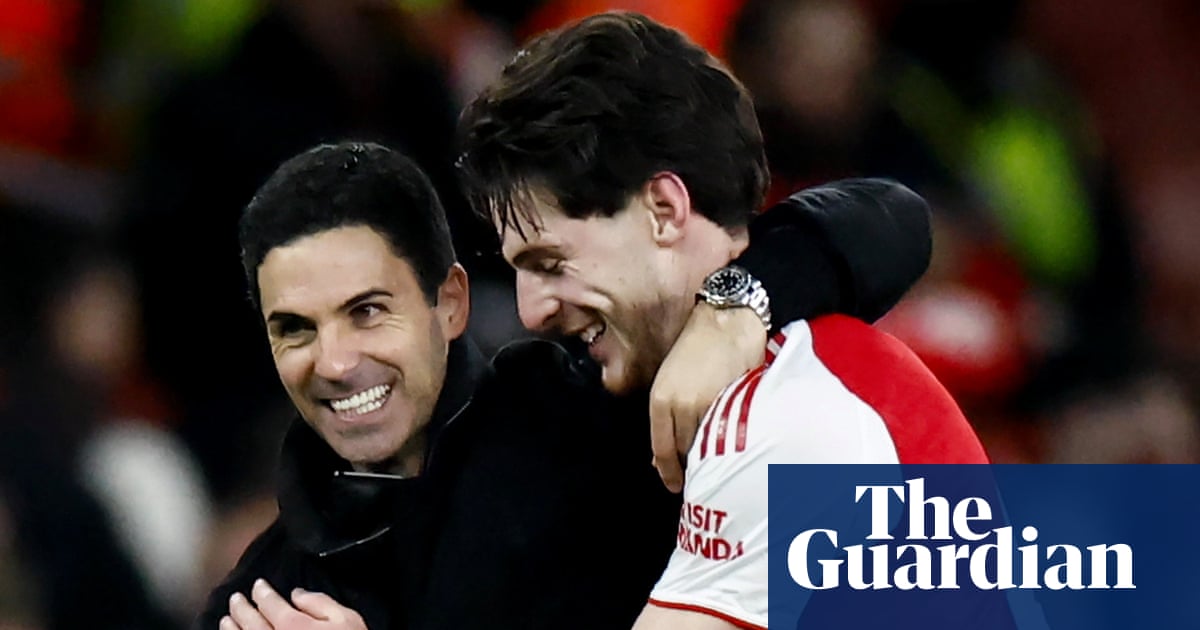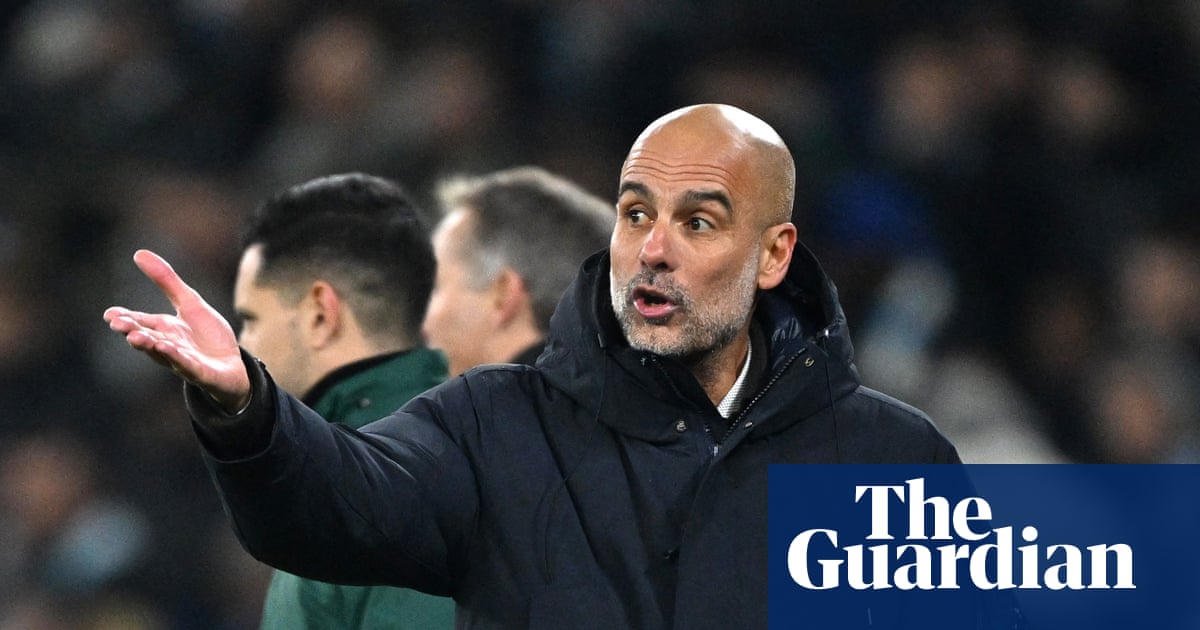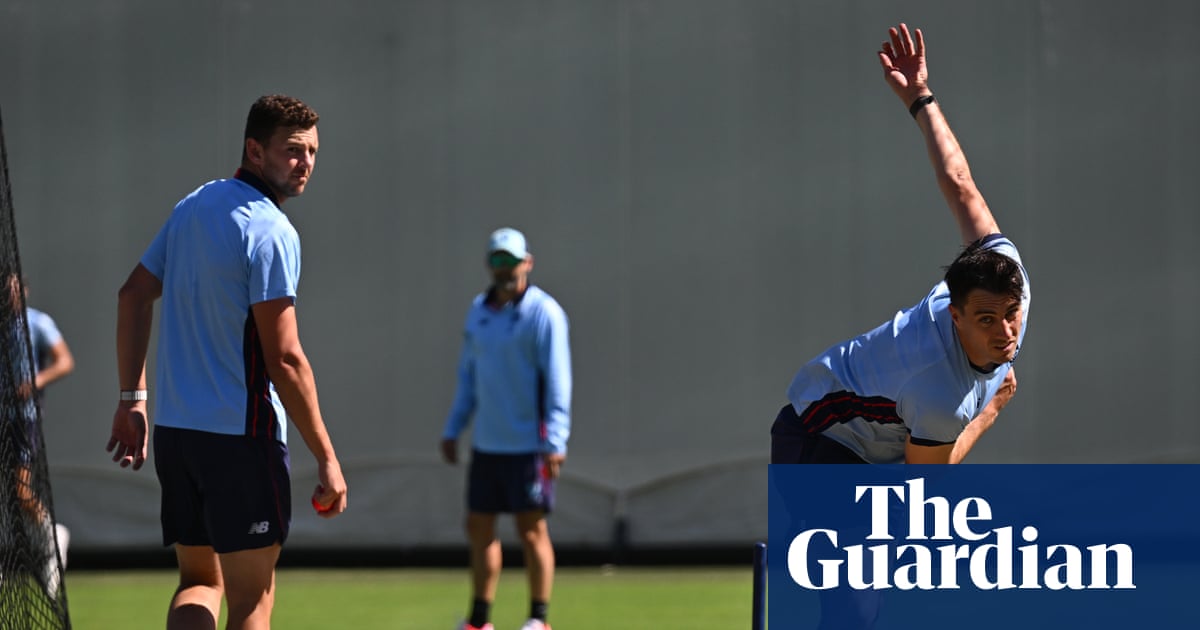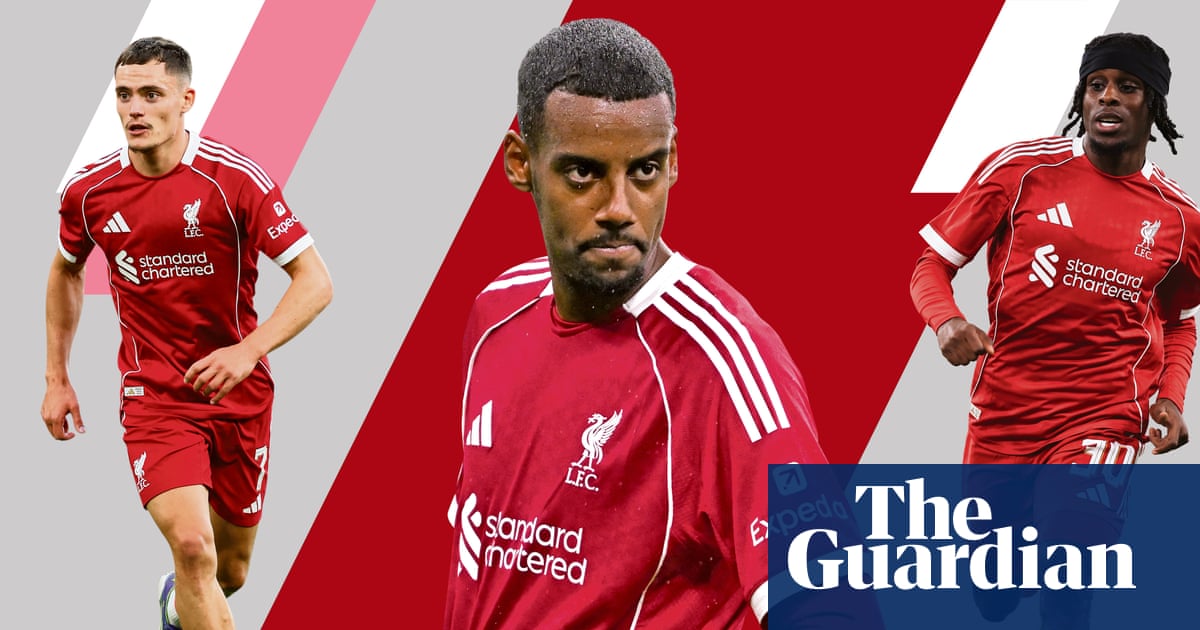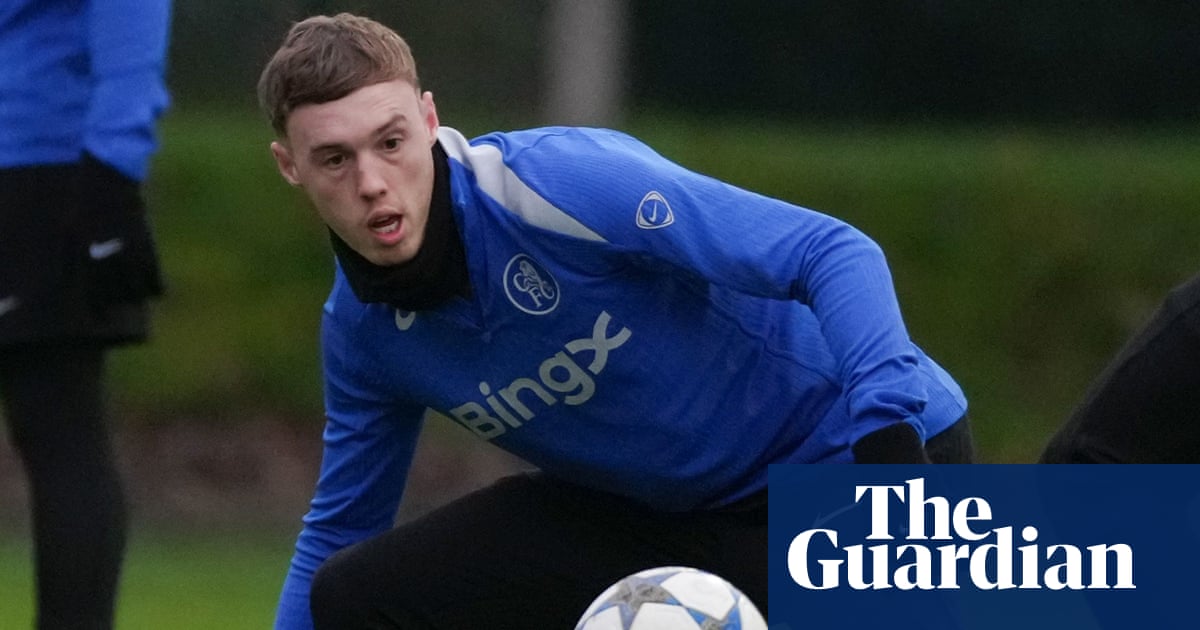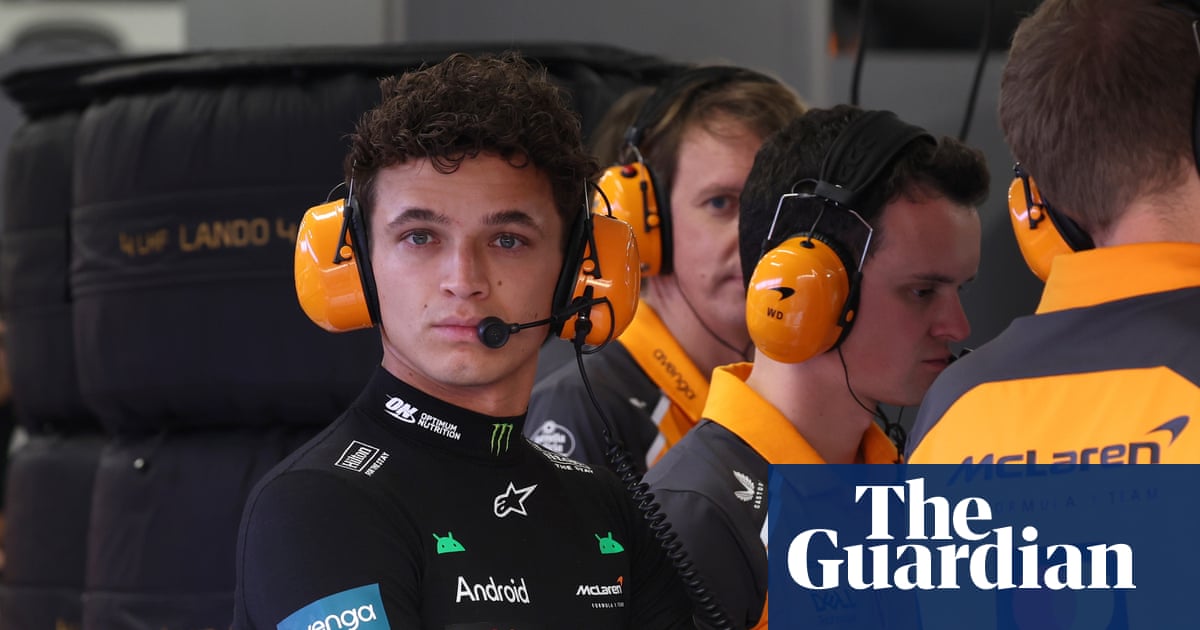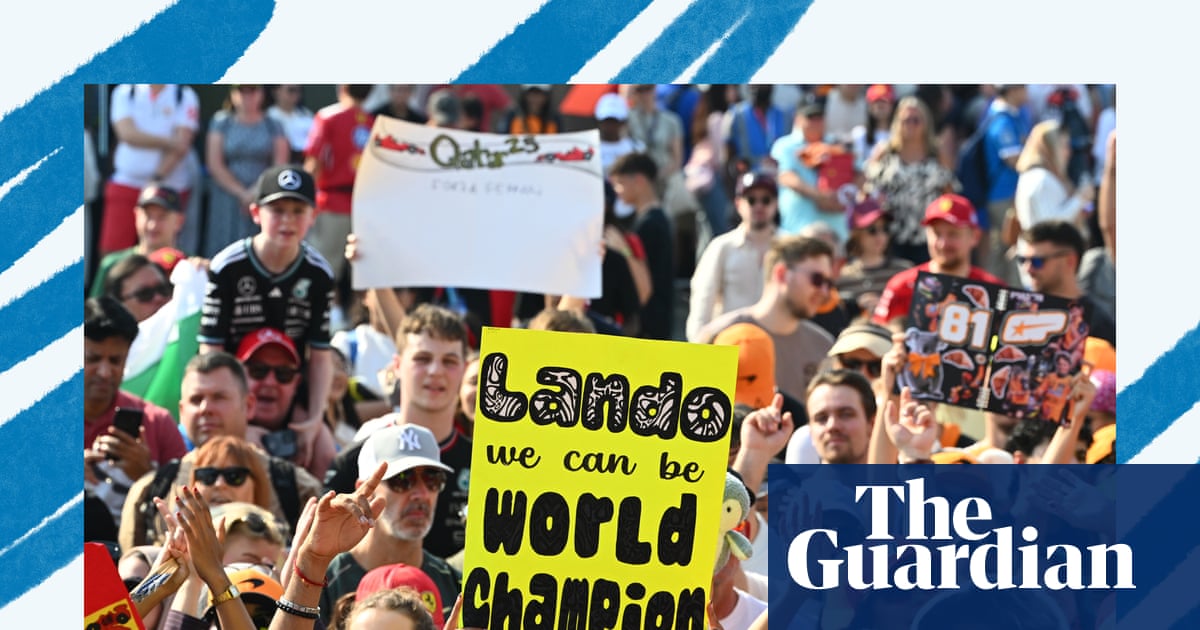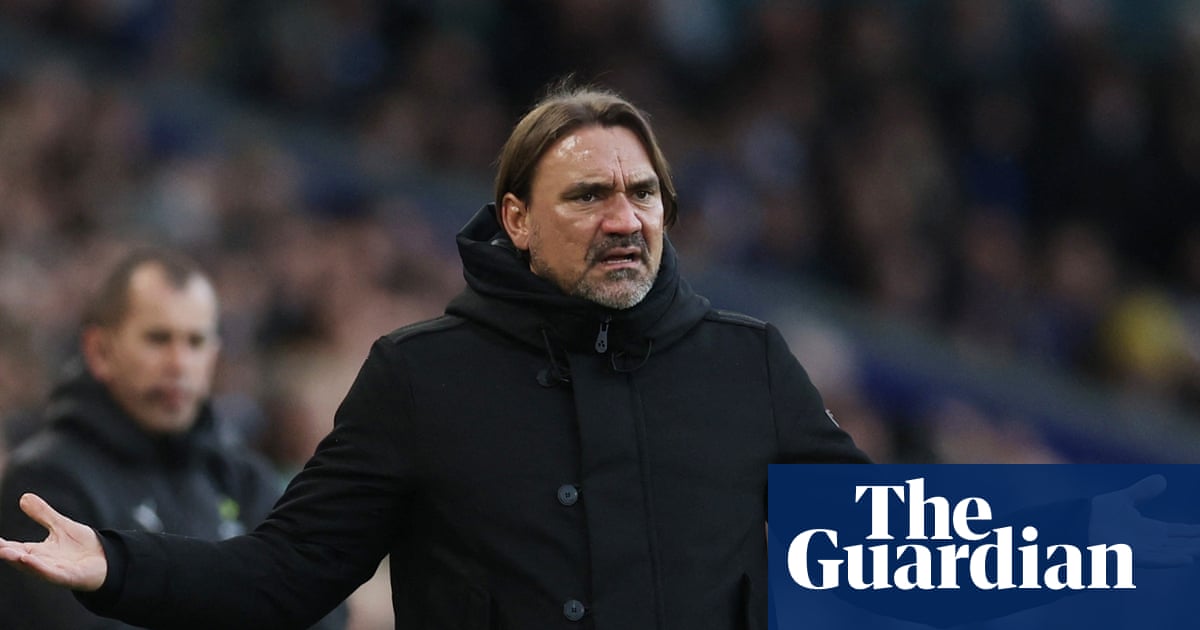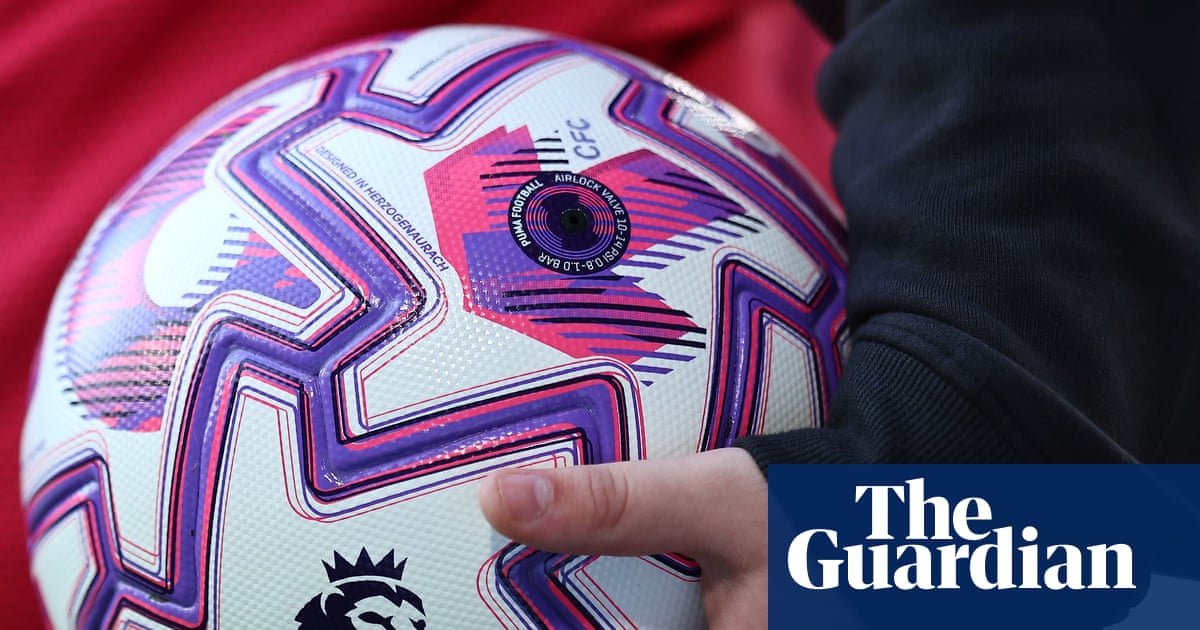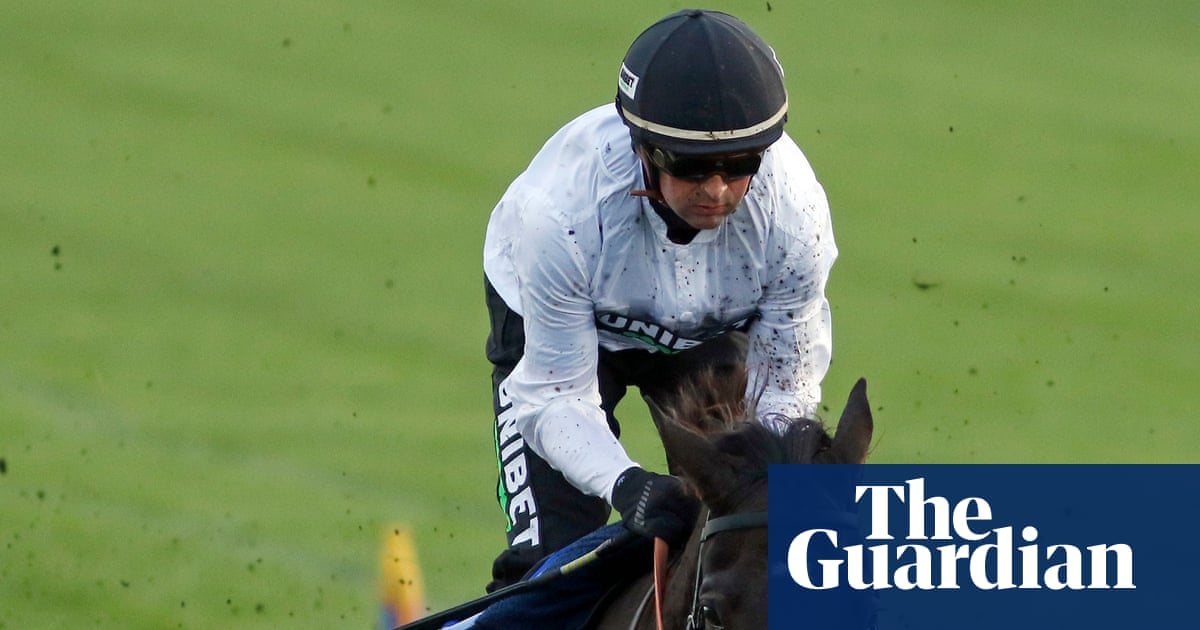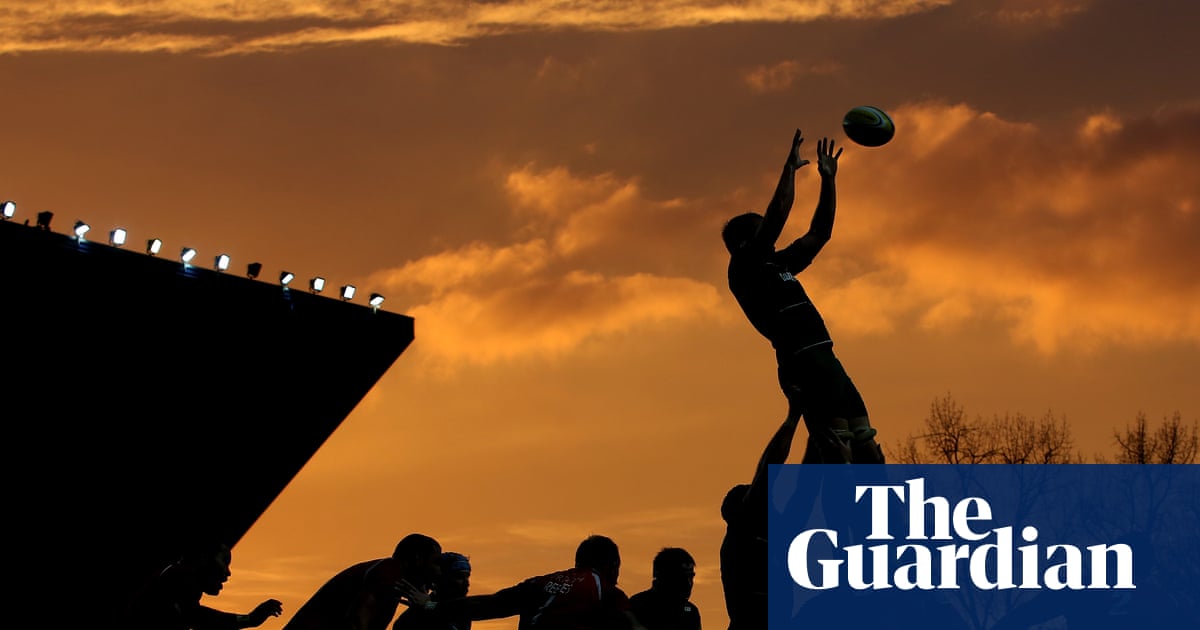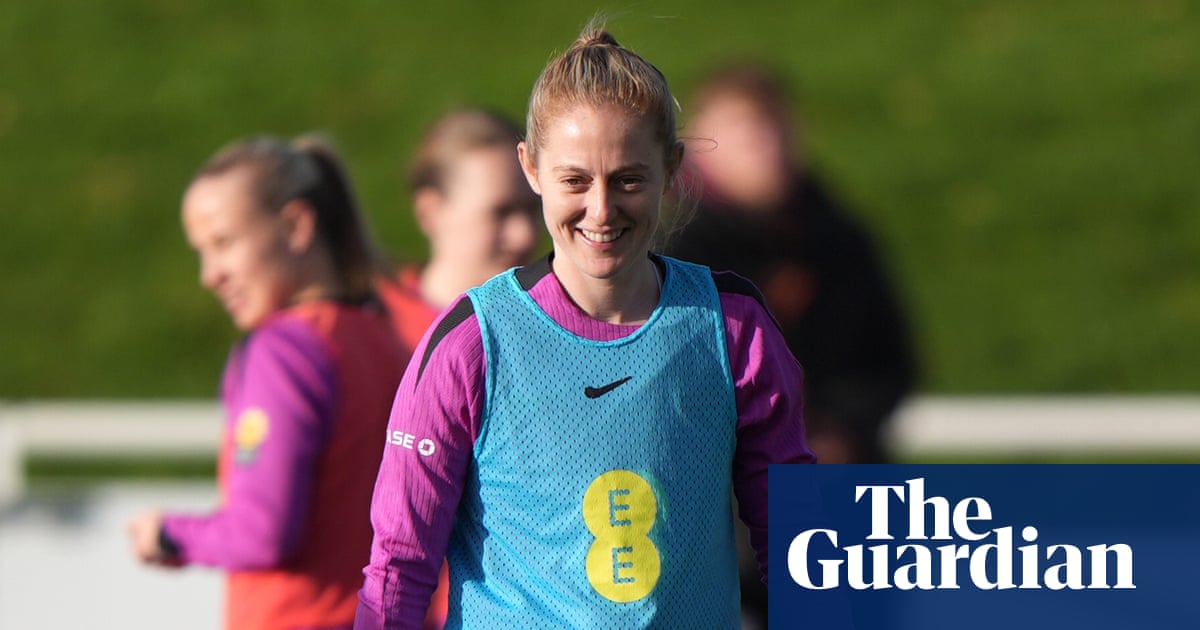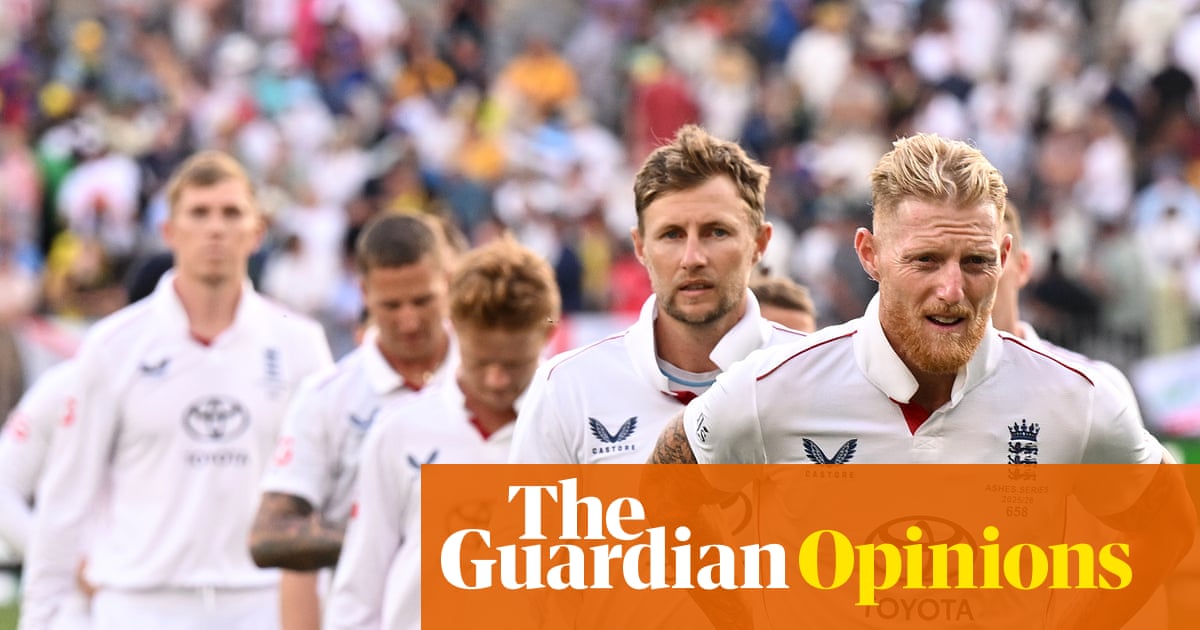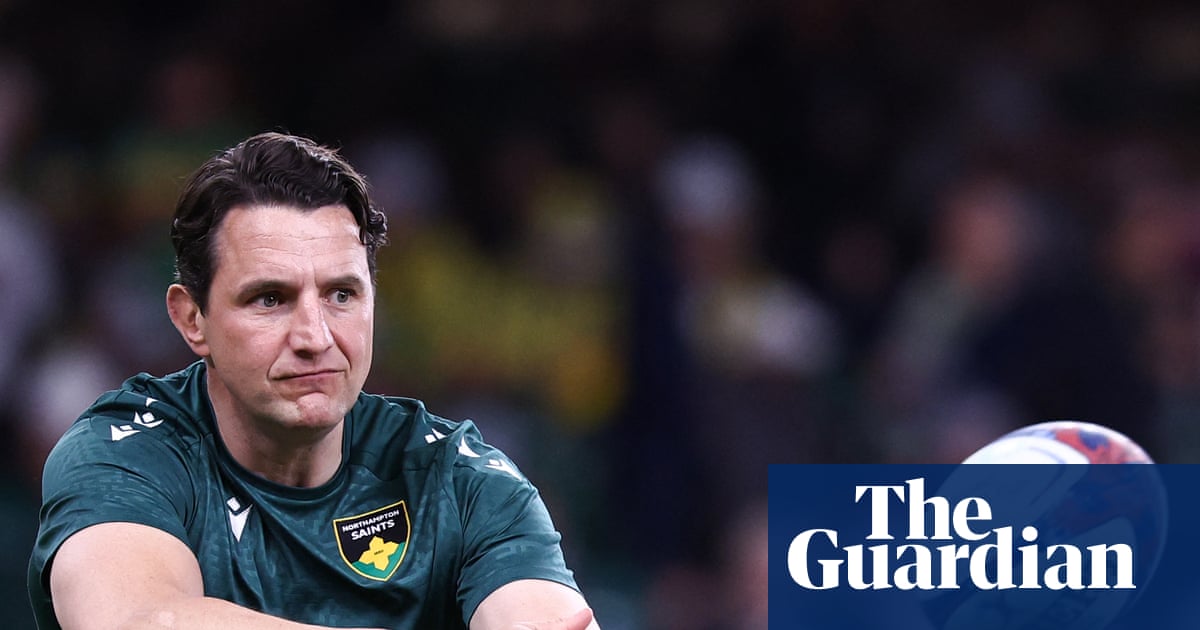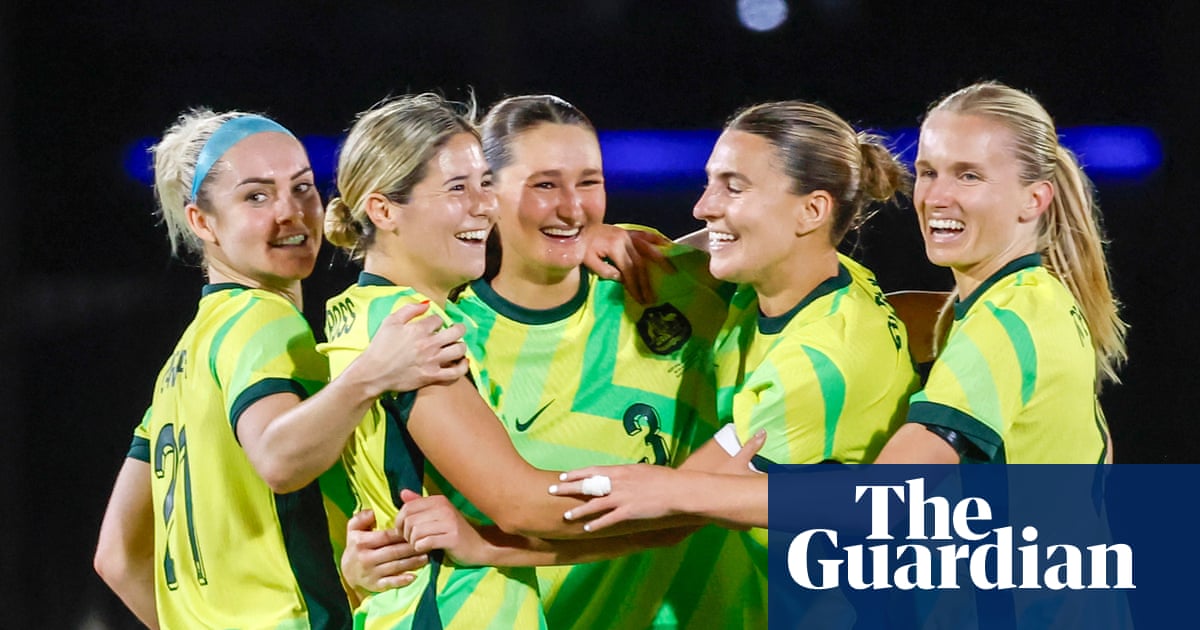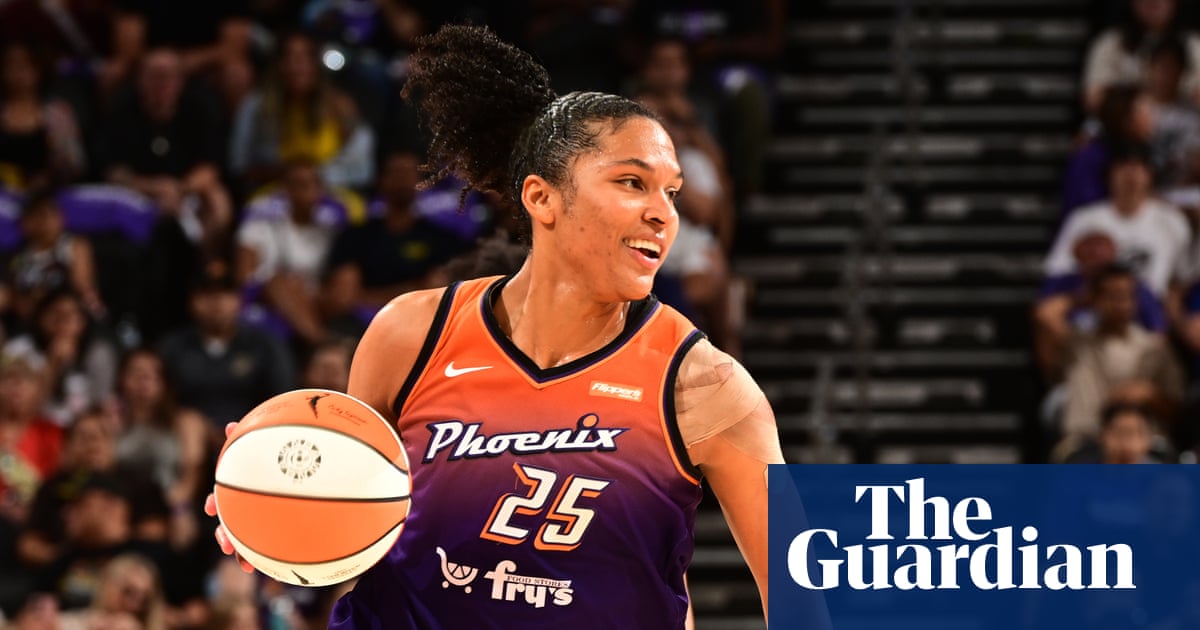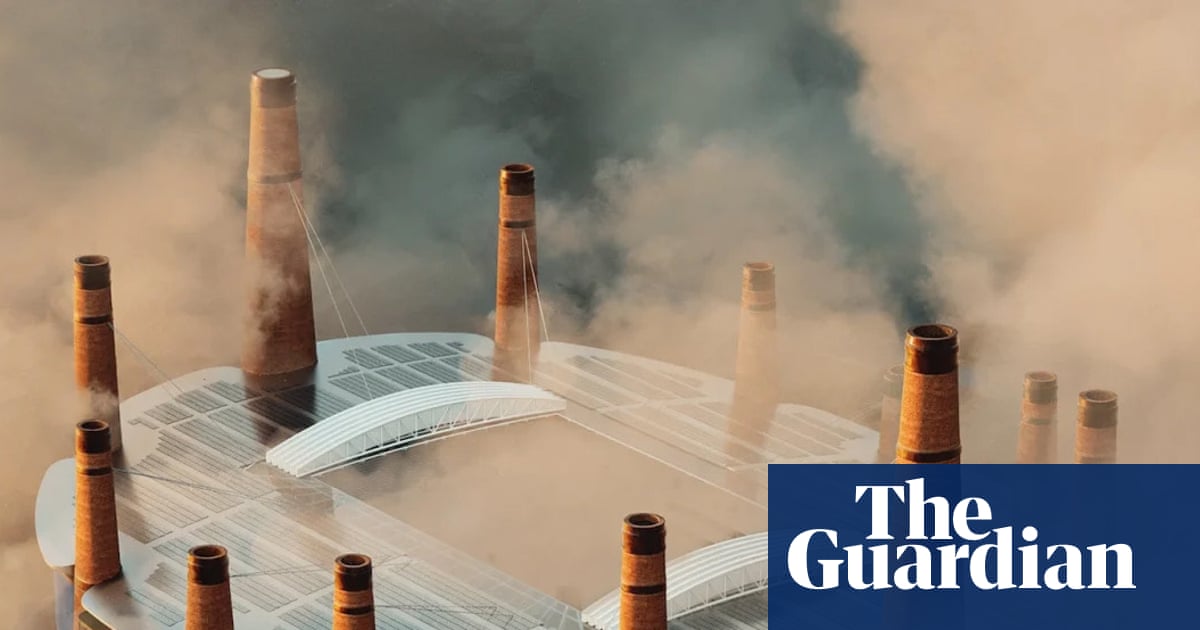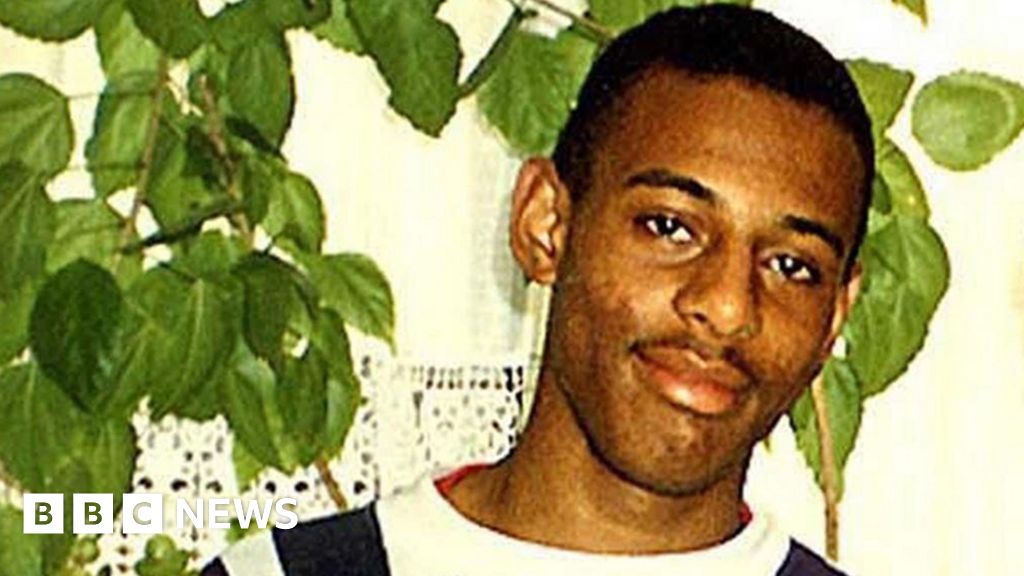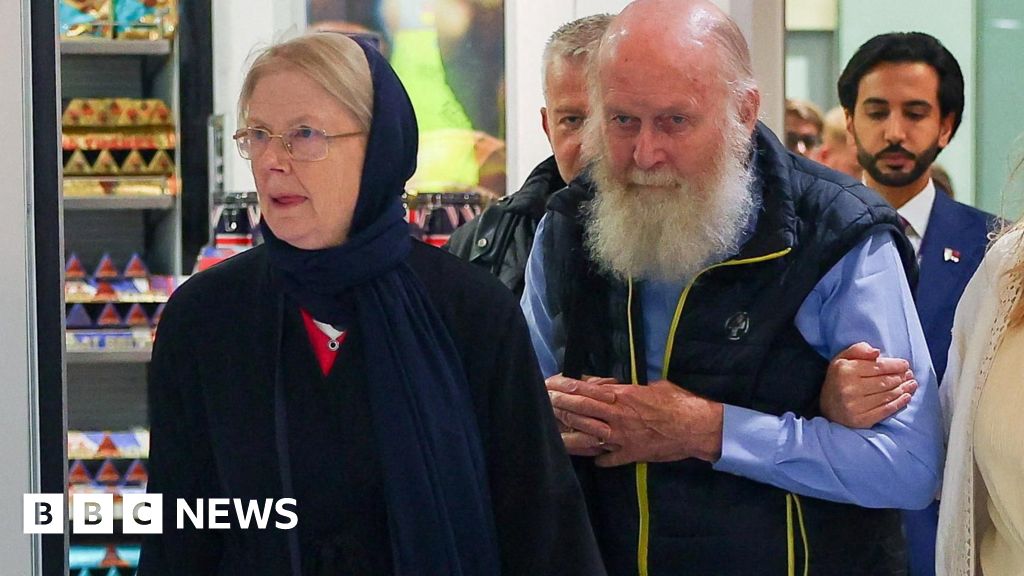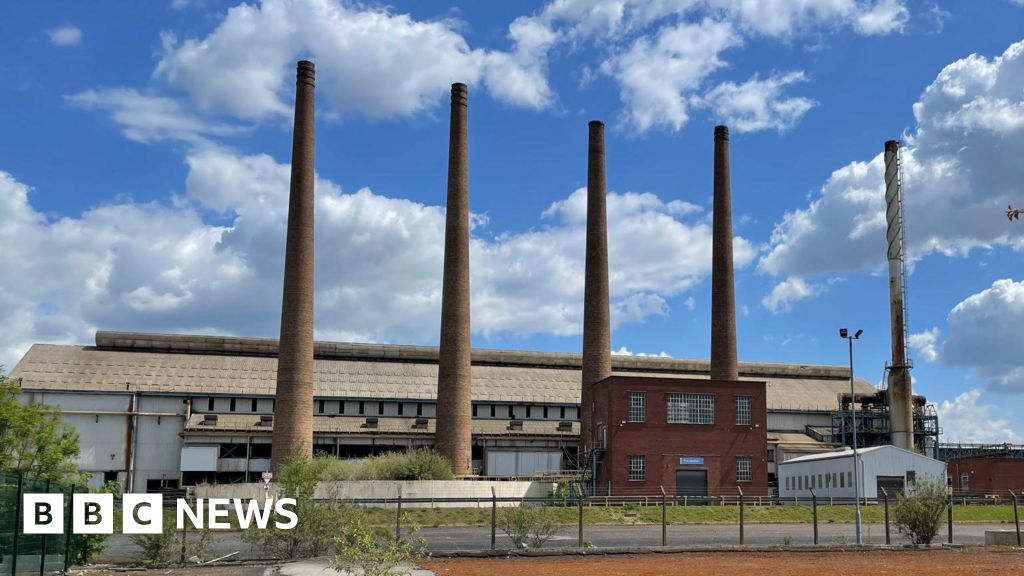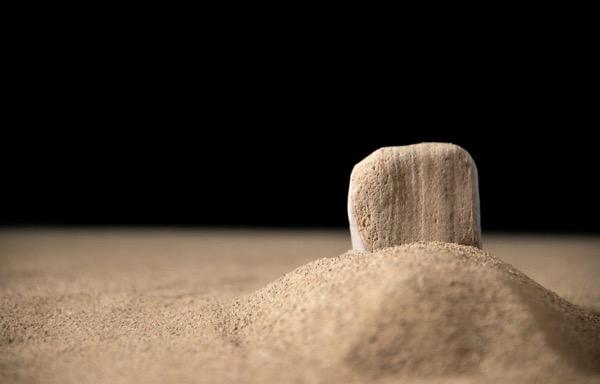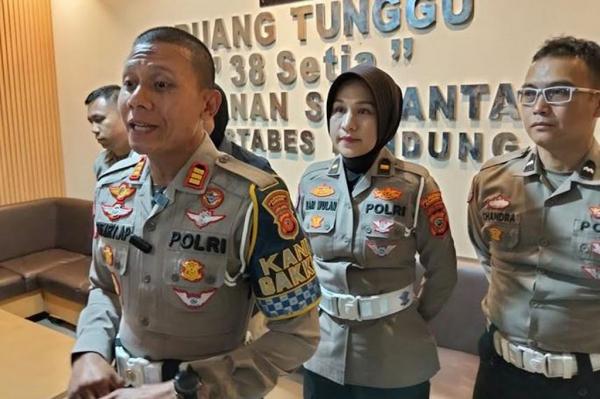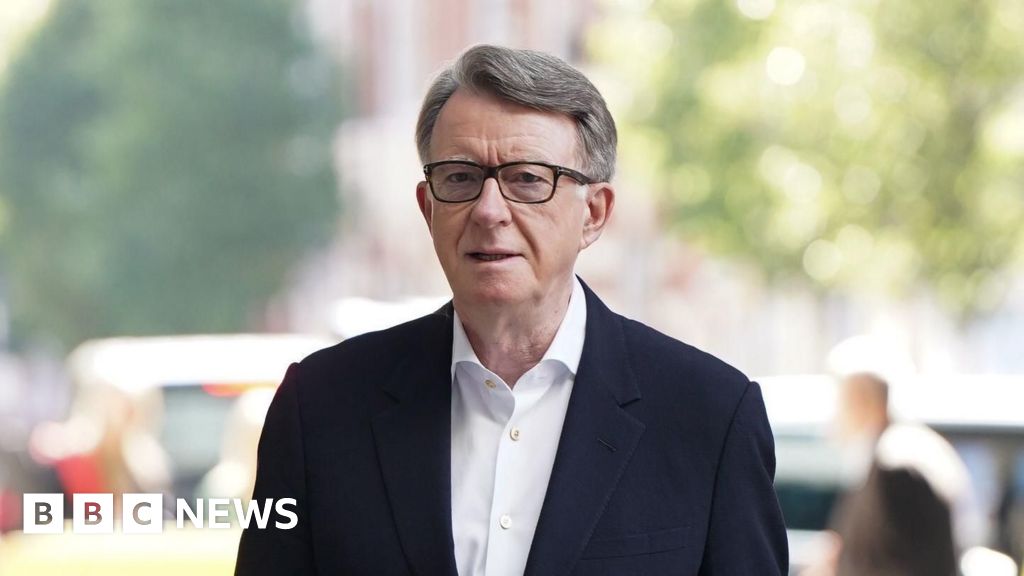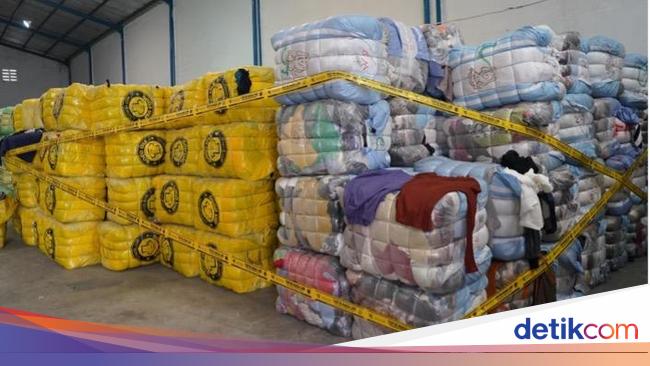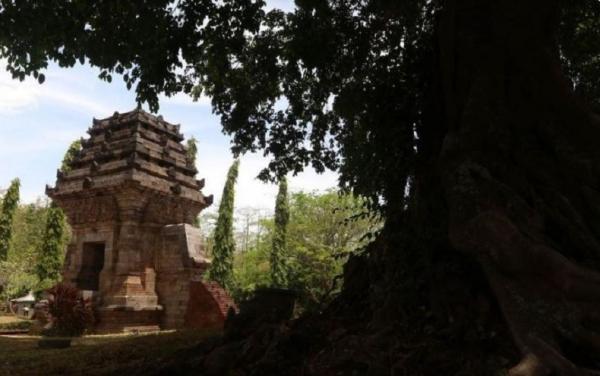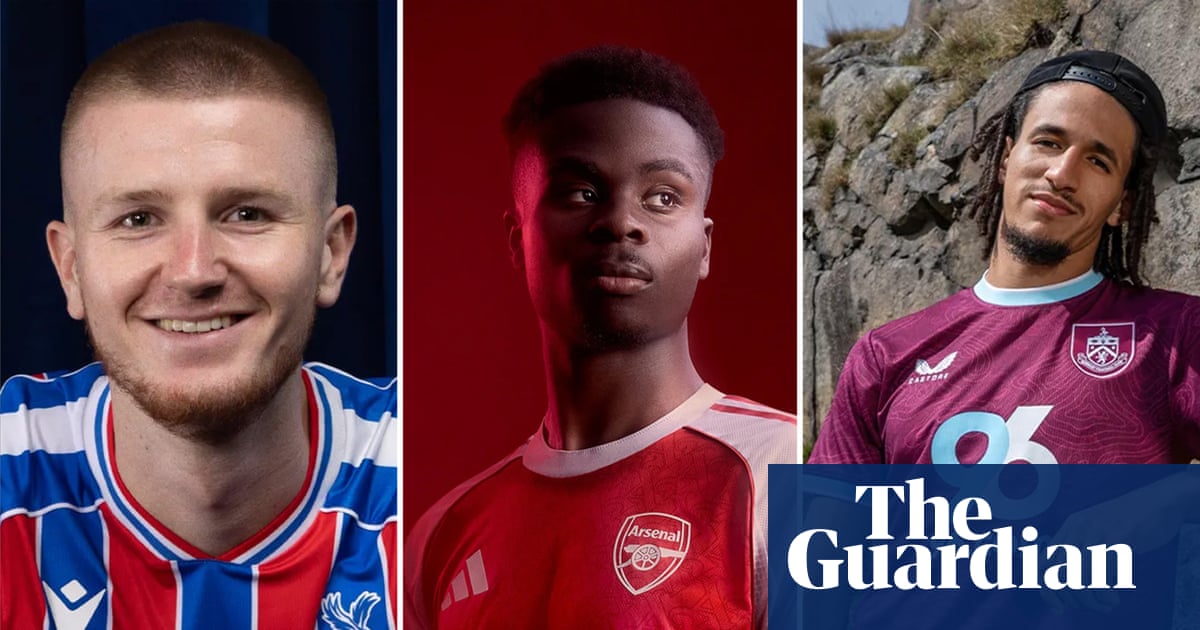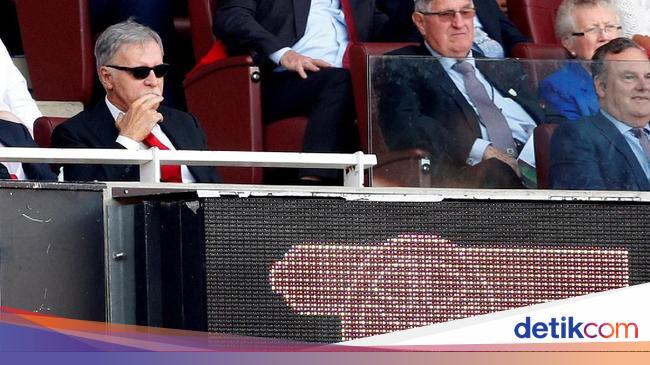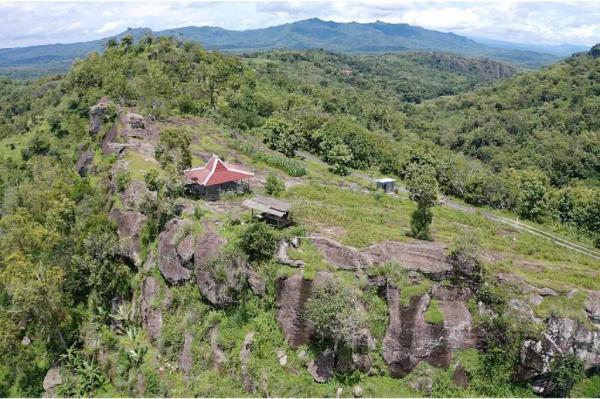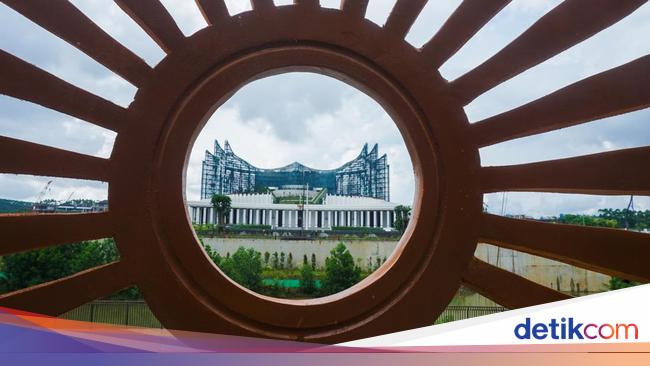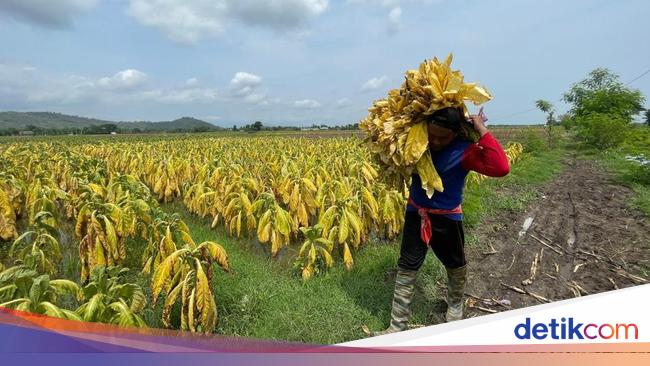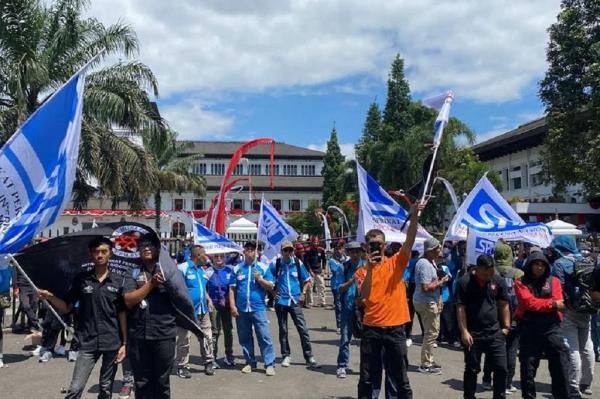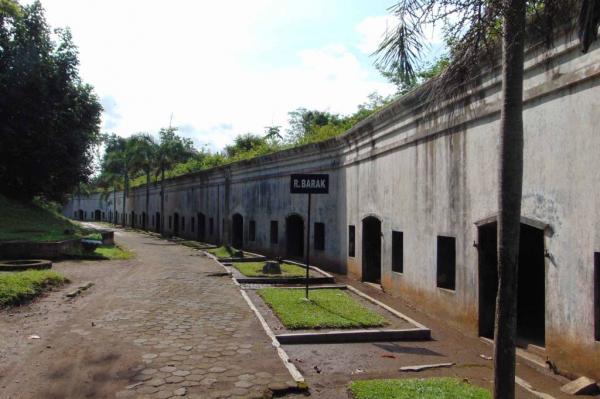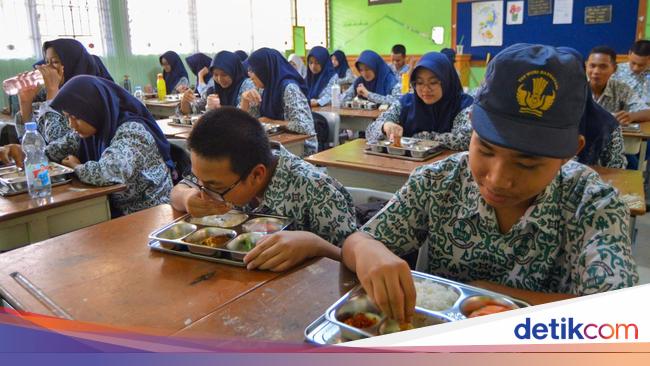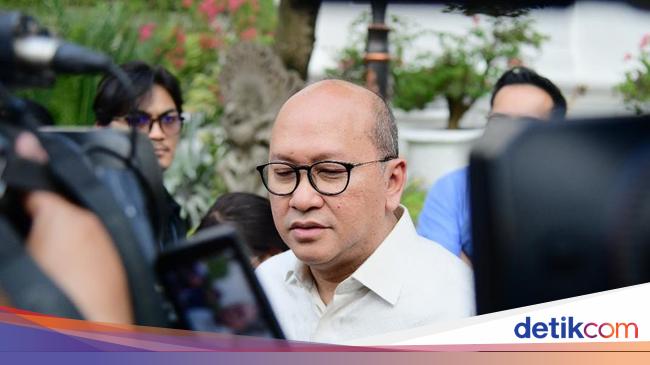To the surprise of few and the despair of many, it will be either Palmeiras or Flamengo lifting the Copa Libertadores trophy on Saturday at Lima’s Estadio Monumental. With this year’s final, one of these two Brazilian giants will have won five of the last seven editions, a run that underlines how both clubs have transformed themselves into South American super clubs, reshaping the competitive landscape in the process.
Yet this final is more than another chapter in Brazil’s dominance, broken only by River Plate’s 2018 triumph in the past nine years. It marks the latest peak in a decade-long evolution that has seen Palmeiras and Flamengo grow into institutions with European-scale reach, resources and expectations. Their rise has altered the logic of the Libertadores itself, its transfer market, its competitive balance, even its sense of what is attainable for South American clubs.
Whoever wins will become the Brazilian side with the most continental titles (four), and Brazil will draw level with Argentina on 25 Libertadores trophies – even if Independiente, with seven crowns, remains the competition’s most-decorated club.
The final also carries extra significance domestically: Flamengo are five points clear of Palmeiras at the top of the league with two matches remaining, after the Verdao failed to win any of their last five – their worst spell this season. The Rio club also won both meetings between the sides, home and away, earlier this year.
And while the football takes centre stage, the setting brings complications of its own. Conmebol, the continent’s governing body, has kept the final in the Peruvian capital despite a 30-day state of emergency amid rising violent crime and youth-led protests. Since adopting Uefa-style neutral single-match finals in 2019, the cost for travelling fans has soared. With travel around South America far less straightforward or affordable than in Europe, flying to Peru is now cheaper from London than from São Paulo or Rio, raising doubts over whether the 80,000 seats will be filled.
Palmeiras reached the final in miraculous fashion, overturning a 3-0 first leg thrashing at Quito’s altitude to rout Ecuador’s LDU 4-0 at home. That followed a commanding quarter-final win over River Plate, 5–2 on aggregate, a tie remembered for the first half in Buenos Aires where the Verdão simply ran rings around the Argentinians.
The forwards Vitor Roque and Flaco López have become the mainstays of Palmeiras’ second half of the season. Earlier in the year only one of them would start, with Estêvão – then bound for Chelsea – the team’s standout attacking threat before his move to London after the Club World Cup. Since the teenager’s departure, Roque and López have taken on that responsibility together, giving Abel Ferreira a far more direct and dynamic front line.
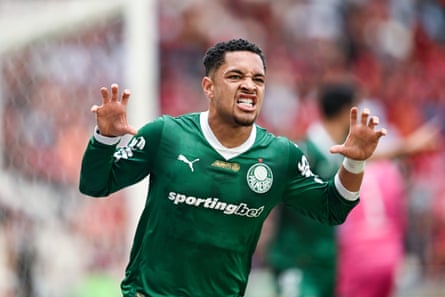
They have 43 goals between them this season, and López arrives in Lima as this year’s Libertadores joint top scorer with seven goals. Their form has been recognised internationally: Roque has been recalled by Carlo Ancelotti for the Brazil national team, while López has earned his first caps for Argentina, even though he has not scored in his past nine club games, his longest drought of the campaign.
Roque himself epitomises Palmeiras’ financial muscle. The 20-year-old’s £22.5m move in February – arriving from Barcelona after a frustrating spell at Camp Nou and a loan at Betis – became the highest fee paid by a Brazilian club. It was part of a wider spending drive: across 2025, Palmeiras invested £100m in 12 signings, the largest outlay in a single year by any club in the country.
This has been driven by a virtuous cycle at a club enjoying the most successful era in its history. Abel Ferreira, now the longest-serving manager in Brazilian in three decades, has collected 10 trophies in five years, including back-to-back league titles, consecutive Libertadores, among them the 2021 victory over Flamengo in Montevideo, and one Copa do Brasil.
Success has brought stronger commercial deals and, inevitably, interest from Europe. Palmeiras have also cashed in on a steady stream of academy talents – among them Estêvão to Chelsea, Endrick to Real Madrid, Vitor Reis to Manchester City, Luis Guilherme to West Ham, Danilo to Nottingham Forest, Gabriel Veron to Porto and Kevin, now at Fulham, to Shakhtar Donetsk – bringing in up to £194.6m with add-ons from these sales alone.
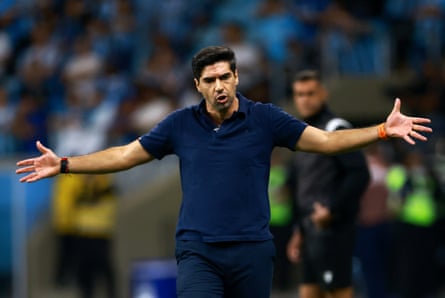
Ferreira has been approached by Premier League clubs: Everton, Nottingham Forest and, most recently, Wolverhampton. But his situation at Palmeiras is unusually strong. The Portuguese works in an environment he trusts, backed by a professional and stable hierarchy, and earns £6.2m a year, a figure that even some Premier League clubs cannot afford and comparable to what Ruben Amorim earns at Manchester United.
Flamengo seek revenge on South America’s biggest stage after edging Estudiantes on penalties in the quarter-finals and seeing off Racing in the semis, with both ties decided away from Rio. Filipe Luís, the former Chelsea and Atlético Madrid left-back, is in his first full season as a coach, having taken charge midway through last year and guiding the Rubro-Negro to the Copa do Brasil title soon after.
after newsletter promotion
As a starter for Flamengo, Filipe Luís won the Libertadores in 2019 and 2022 and finished runner-up to Palmeiras in 2021. He now leads a star-studded squad shaped by a decade of increasingly professional management, which has allowed the club to sustain arguably the strongest team on the continent for years. Flamengo are at last fulfilling their commercial potential as Brazil’s most popular club: last year they posted record revenue of £190m, with Palmeiras close behind on £180m.
That stability has kept Flamengo consistently competitive at the top of South American football, yielding 14 trophies in seven years, including two Libertadores, two league titles and two Copas do Brasil.
The Rubro-Negro spent almost £50m on seven players in 2025, including the £20.5m deal for Samuel Lino from Atlético Madrid, which made the 25-year-old winger the club’s record signing. The list also features another former Atleti player, Saúl Ñíguez, as well as former Premier League names Jorginho, Danilo and Emerson Royal.
“These players have played with and against the best in the world, and that experience only helps Flamengo sustain the success it has built within a well-established project,” David Luiz, who won the 2022 Libertadores with the Rubro-Negro, tells the Guardian.
Yet for all the investment, it is a player who has spent his entire career in South America who has become Flamengo’s leading figure. Giorgian de Arrascaeta, the Uruguayan midfield orchestrator, has already produced 23 goals and 17 assists in the most prolific season of his career.
“While Abel’s Palmeiras are known for the collective and their mental strength as two of their main virtues, Flamengo feel almost like a national team, more technically refined because of the depth of their squad and their style of play,” Marcos tells the Guardian. The former goalkeeper won the Copa Libertadores with Palmeiras in 1999 and the World Cup with Brazil in 2002, both under Luiz Felipe Scolari.
“This is a career-defining final that can take players to another level. It was because of my performances in the Libertadores that I had the privilege of pulling on the Seleção shirt.”
.png)
 15 hours ago
2
15 hours ago
2
